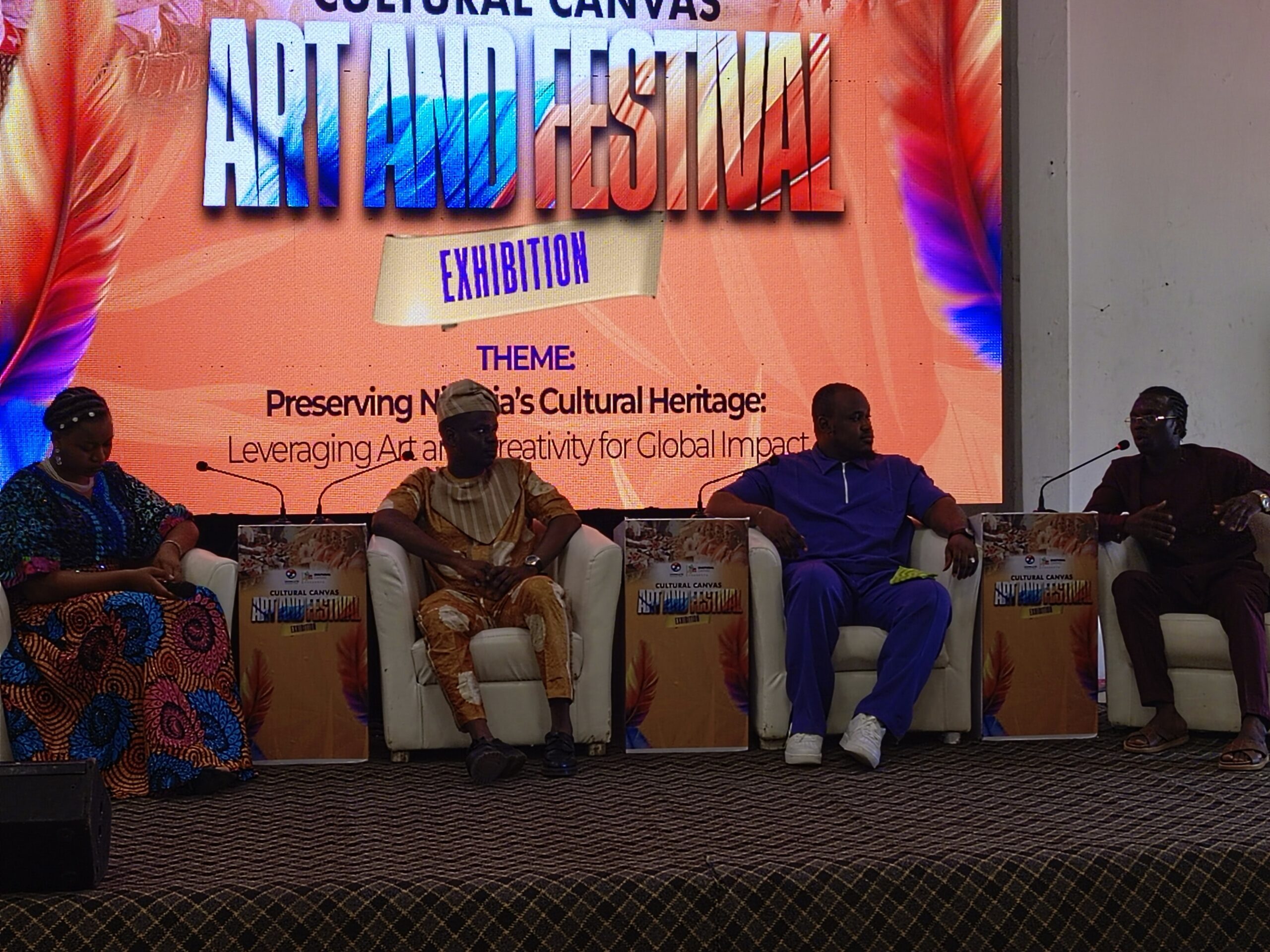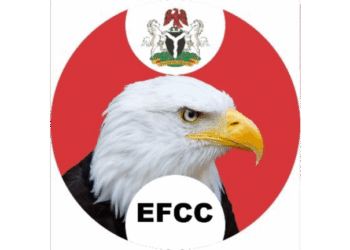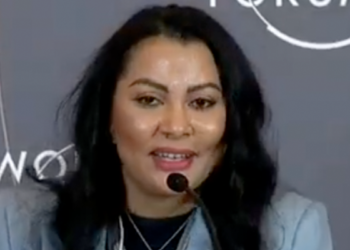Belgium’s Ambassador to Nigeria, Pieter Leenknegt, has expressed confidence that Nigeria’s cultural festivals will achieve global prominence in the coming years.
Speaking at the Cultural Canvas and Festival Exhibition in Abuja, organized by Sholate Entertainment Limited in collaboration with Cultural Canvas, Leenknegt praised Nigeria’s rich cultural heritage and commended the organizers for documenting the country’s diverse festivals.
“In the next few years, Nigeria’s cultural festivals will become world-famous, and there’s no doubt about it,” he said. “I am happy to be a privileged observer of this journey.”
The event, which aimed to promote Nigeria’s artistic and cultural expressions, attracted key government officials, industry stakeholders, and creatives from various disciplines.
Nigeria’s Minister of Women Affairs, Imaan Ibrahim-Suleiman, highlighted the unifying power of the creative sector.
Represented by her senior assistant on creative affairs, Rukkuya Muhammed, she emphasized that arts, music, and film could foster national cohesion.
“These are mediums that the government can leverage to unite the country,” she said.
“For the first time, Nigeria has a Ministry of Arts, Culture, and Creative Economy. This is a great opportunity to organize and support the creative sector.”
She also applauded the festival’s role in celebrating Nigerian heritage and acknowledged the significant contributions of women in the creative industry.
Emmanuel Solate, CEO of Sholate Entertainment Limited, explained that the Cultural Canvas initiative goes beyond cultural exchange.
“It is a platform for artists—modern, traditional, and futuristic—to showcase and explore Nigerian culture on the global stage,” he said.
He revealed that international collaborations are already in motion, with partnerships extending to Australia and beyond.
“Nigeria stands to gain by reclaiming its cultural identity,” Solate said.
“Many Nigerians, including those in the diaspora, are unaware of their heritage. This platform is an opportunity to educate ourselves about who we are.”
Nigeria’s Minister of Youth Development, Comrade Ayodele Olawande, also underscored the role of culture in fostering unity.
Represented by Chief Obinna Nwaka, stressed that cultural festivals provide young people with a sense of belonging and a means to engage in economic development.
“A lot of business moguls are young people who are investing in and contributing to culture,” he noted.
“One of the easiest ways to showcase our heritage is by digitalizing it, especially since most of our youth are online.”









